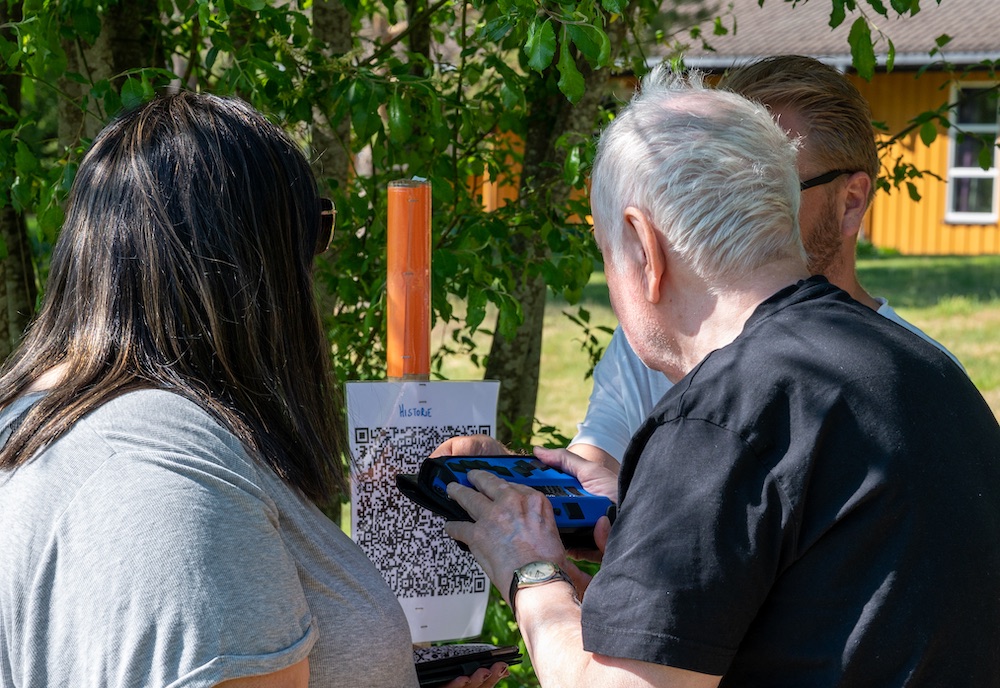- Deafblindness
- Syn
- Hearing
- Mobility
- Communication
- ICT
- Research projects
- Publications
- Conferences and webinars
- Video archive
Deafblindness, Nordic definition revised

Nordic definition of deafblindness
The Nordic definition of deafblindness was adopted by Nordic Leadership Forum in June 2024:
"Deafblindness is a combined visual and hearing impairment of such severity that the impaired senses cannot easily compensate for each other. This makes deafblindness a separate disability."
The most important consequences
Deafblindness limits a person's activities to varying degrees and prevents full participation in society. It affects communication, access to information, orientation in the environment and the ability to move around safely and freely. The sense of touch is particularly important to compensate for the combined visual and hearing impairment.
There is a high risk of physical and mental health and social life being affected
Comments:
About the combined visual and hearing impairment
The severity of the combined visual and hearing impairment depends on:
- The timing of the onset of the visual and hearing impairment, whether it is congenital, acquired or age-related, especially with regard to communication development and language acquisition
- Degree and nature of visual and hearing impairment
- If it is combined with other disabilities
- Whether it is stable or progressive
About deafblindness as a separate disability
It is difficult for the impaired senses to compensate for each other. This means that:
- Using one impaired sense in an attempt to compensate for the other is time-consuming, energy-draining and often leads to disjointed sensory experiences
- Impairment of vision and hearing increases the need to use other sensory stimuli (e.g. tactile, kinesthetic, proprioceptive
haptic, odour and taste) - It limits access to information from a distance
- It creates a need to rely on information from the immediate environment
- To create meaning, it is necessary to rely on memory and draw conclusions from disjointed information
About activity and participation
Deafblindness limits activity and prevents full participation in society. According to the Convention on the Rights of Persons with Disabilities
disability (UNCRPD), participation is a given right for all people. In order for a person to be able to utilise his or her capacity and resources, society needs to provide specialised services.
- It is a social responsibility to ensure access to activities, in equal co-operation with those affected. An accessible society includes at least:
o Access to competent communication partners
o Access to specialised deafblind interpreting, including interpretation of
speech, description of the surroundings and companionship
o Accessible information for everyone
o Human support to ease everyday life
o Customised physical environment
o Available technology and technical aids
- A person with deafblindness may be more disabled in one activity and less disabled in another. Variation in functional ability can be due to conditions in the environment as well as in the person him/herself.
- Expertise in deafblindness and an interdisciplinary approach are crucial for good service provision.
The definition in multiple languages:
On the Nordic Welfare Centre (NWC) website, you can read about the revision of the definition: Nordic definition on deafblindness
You will find the definition of the different languages listed below:
